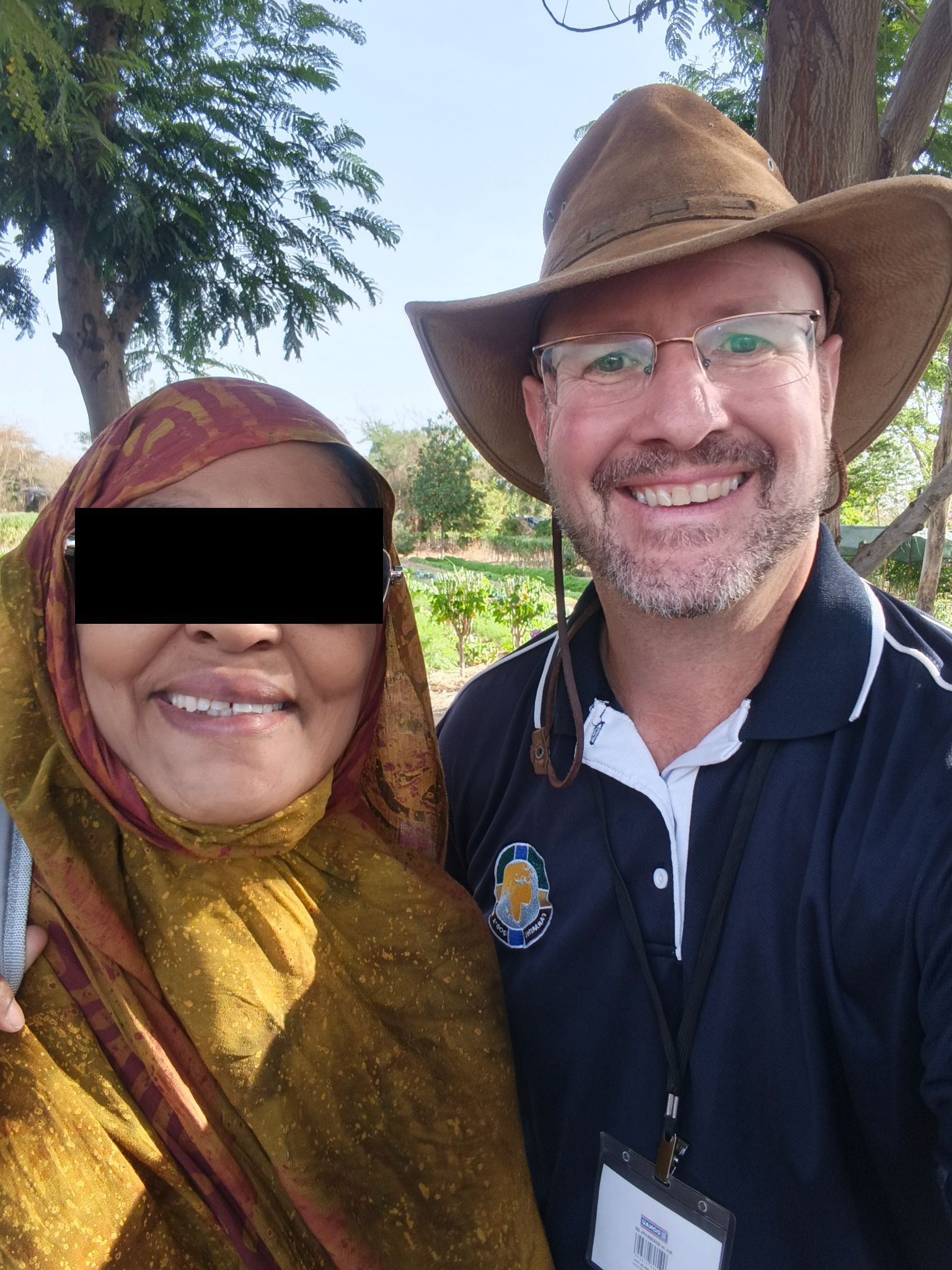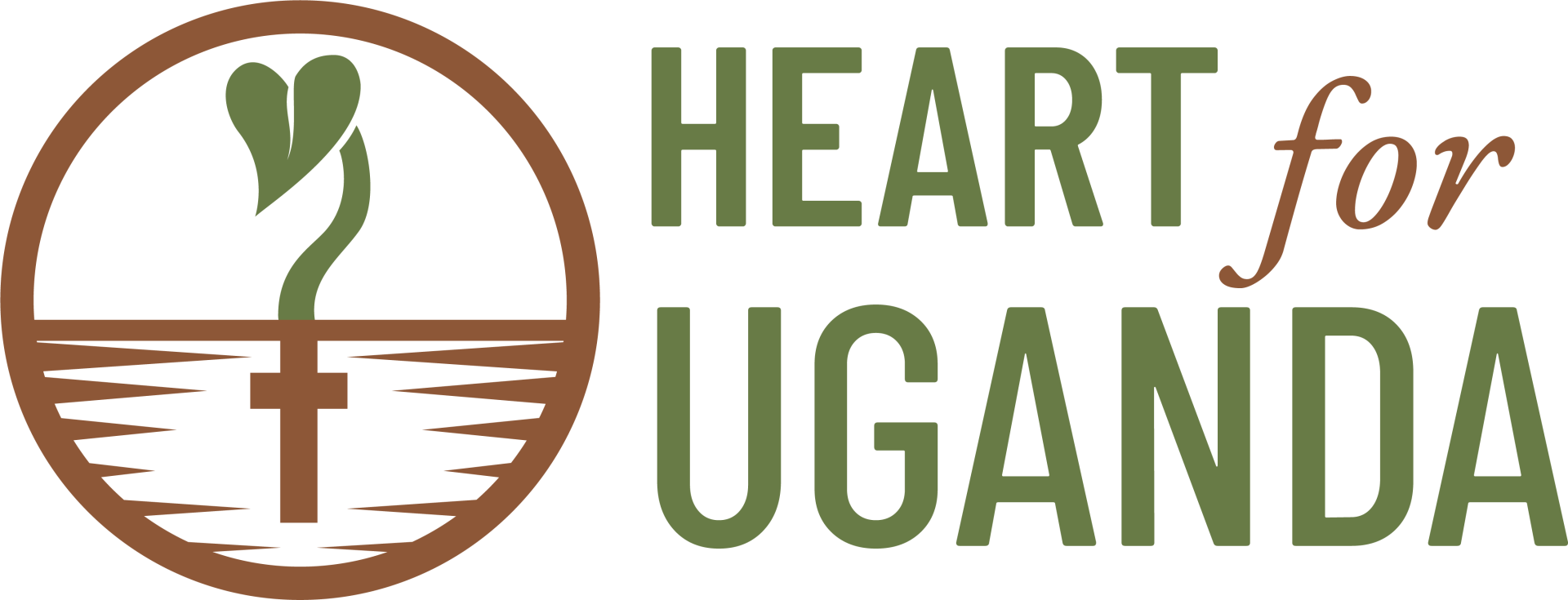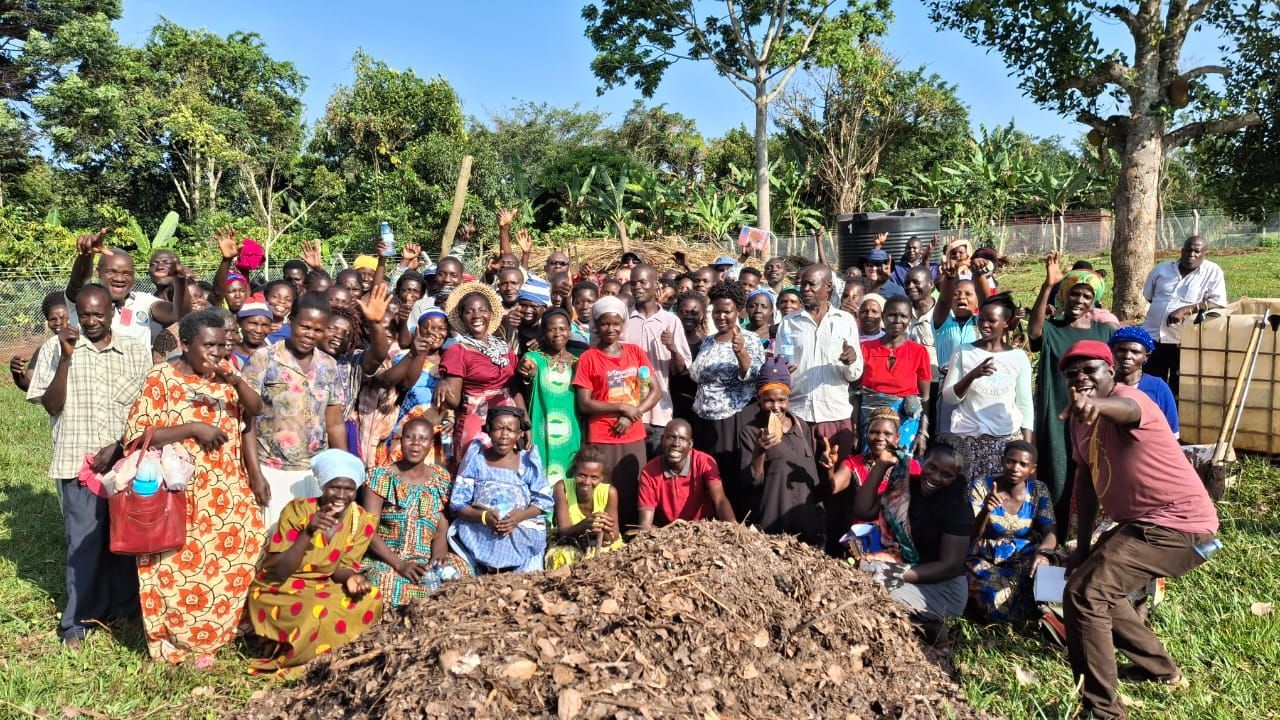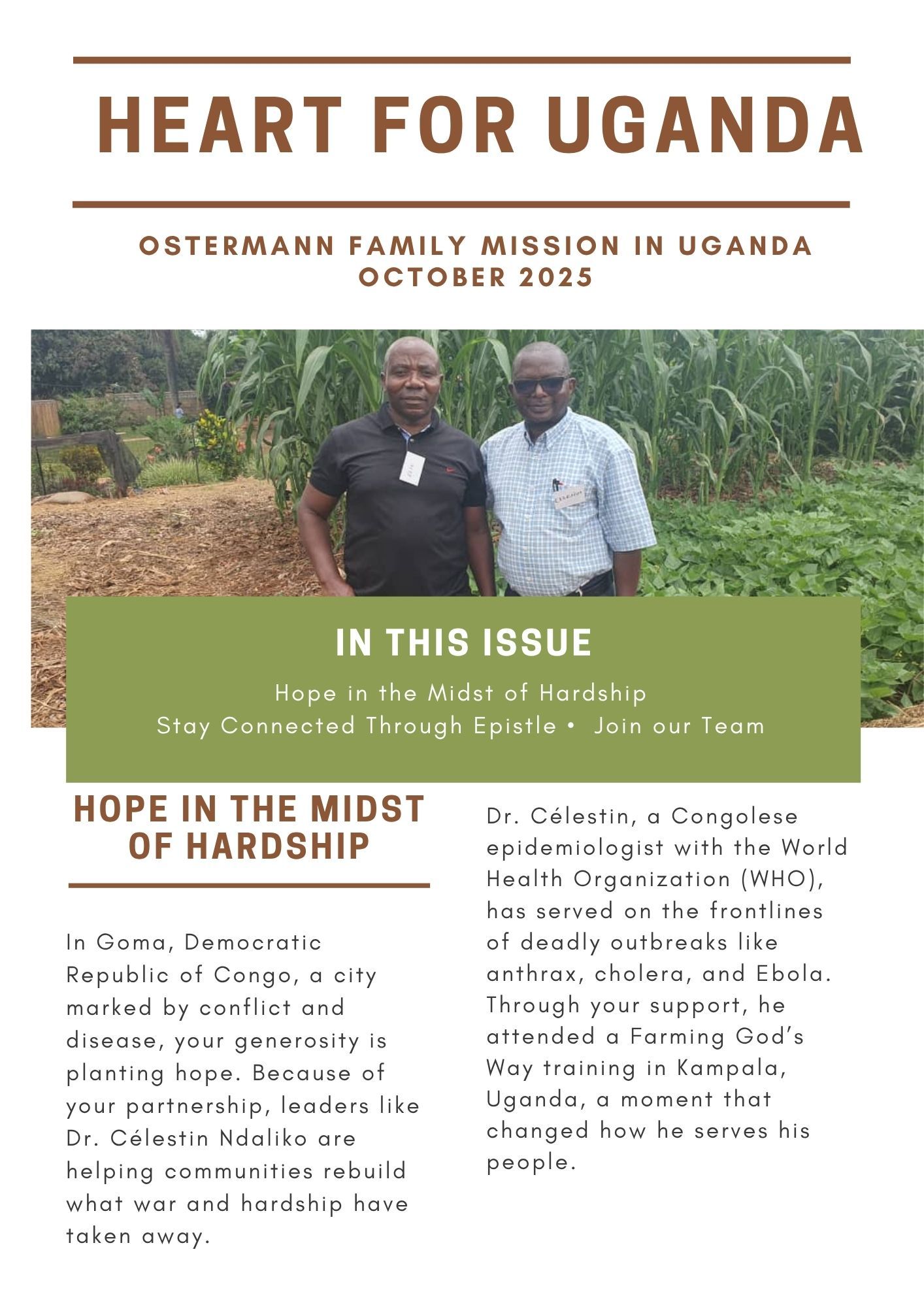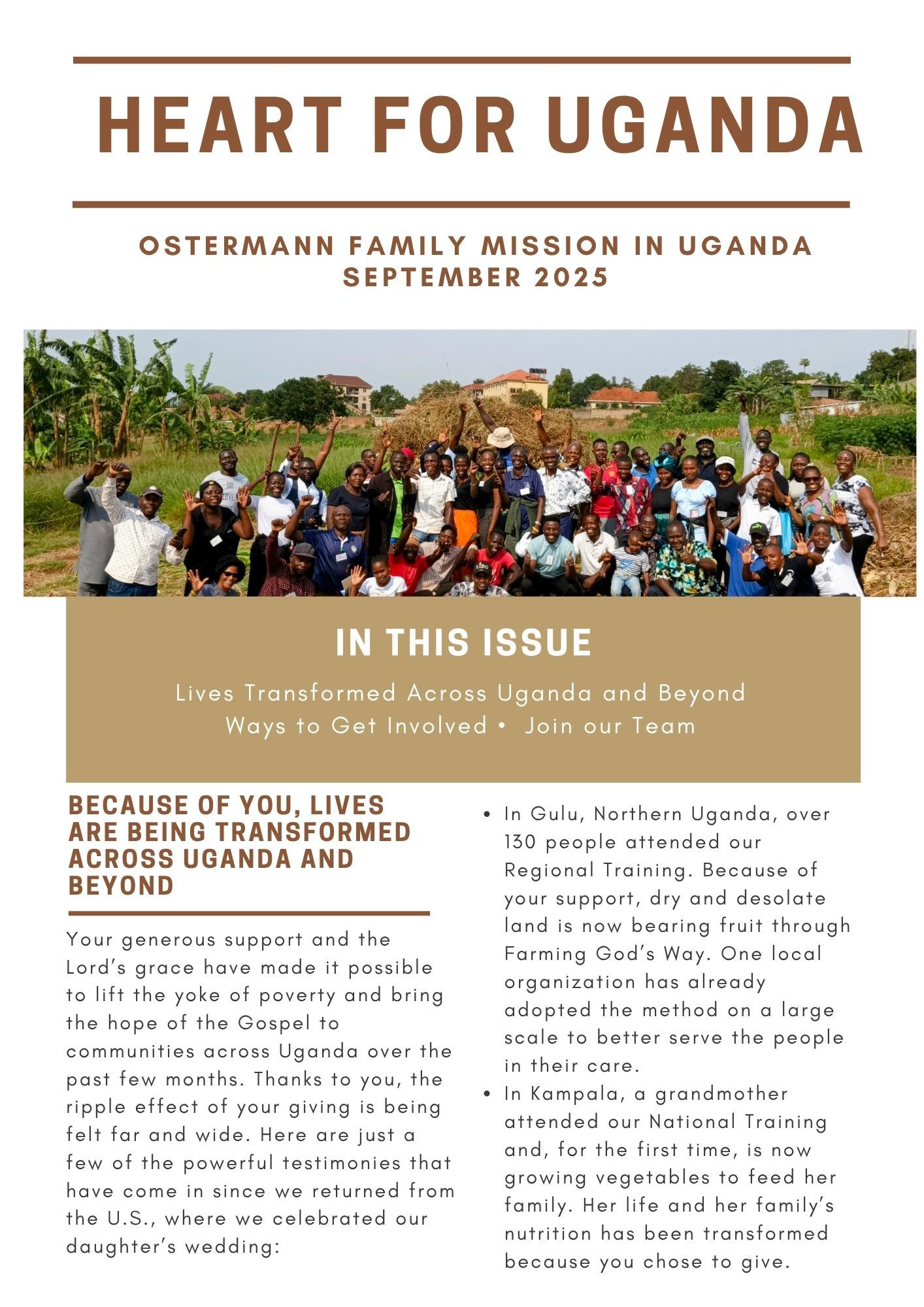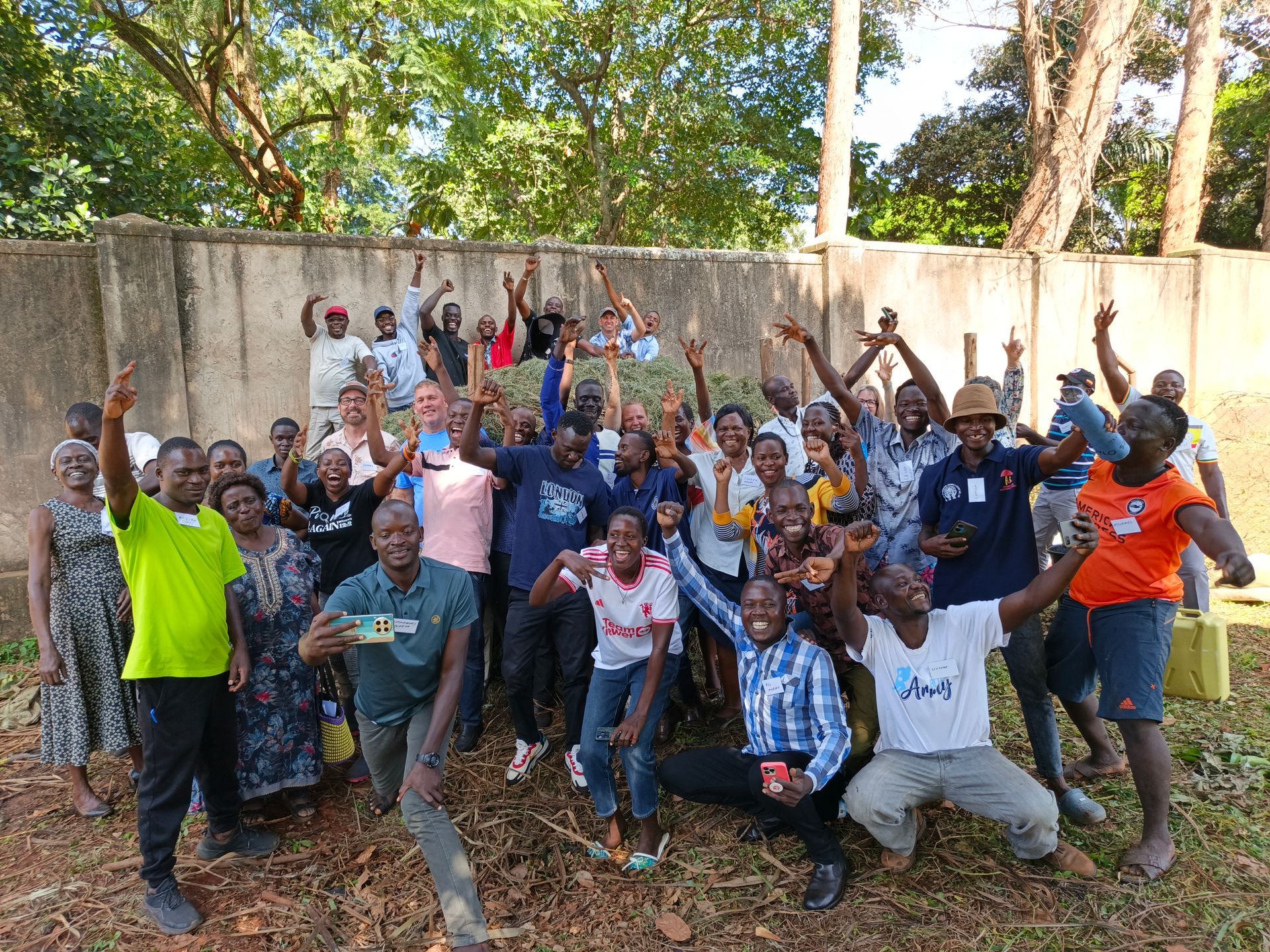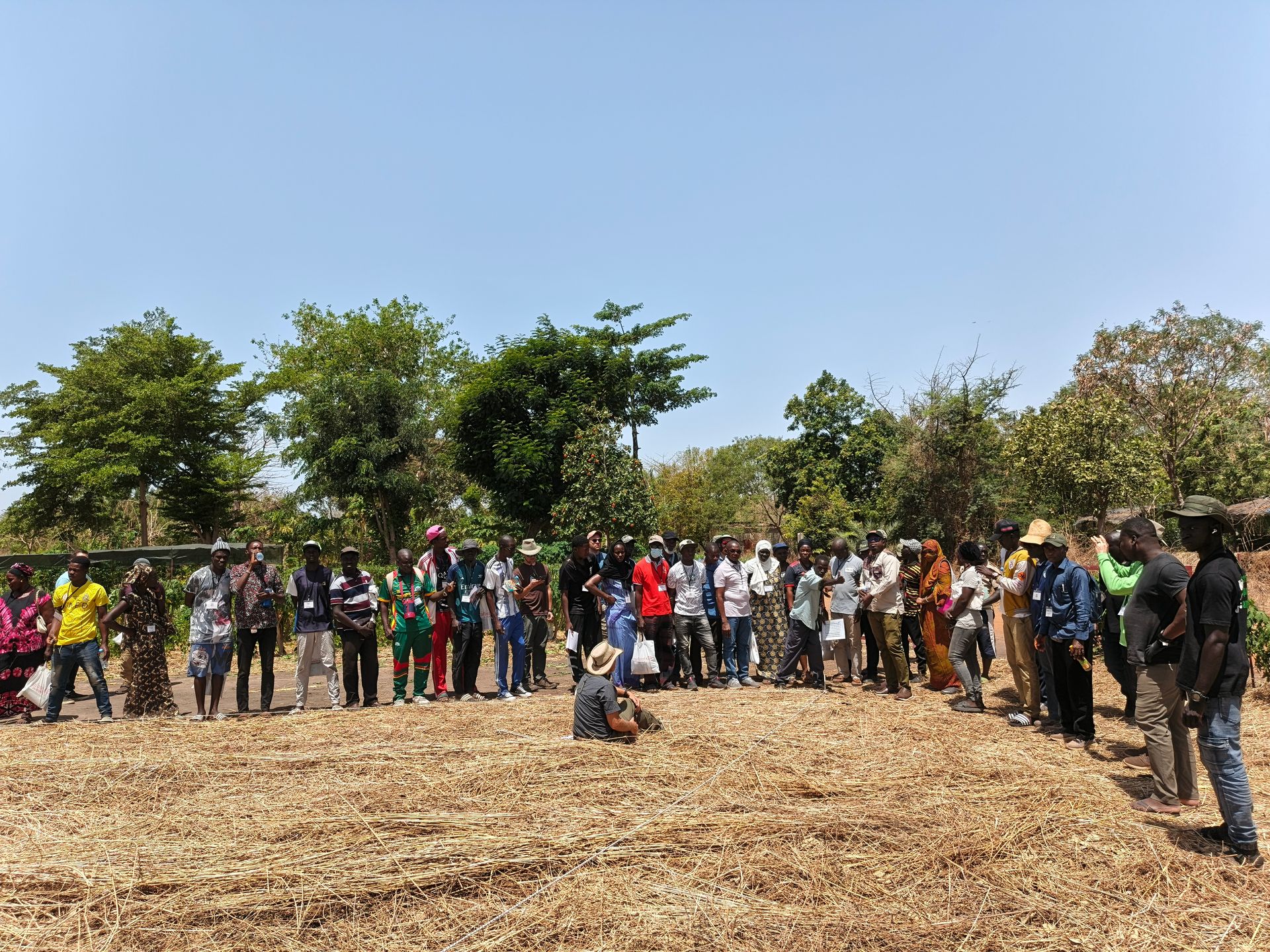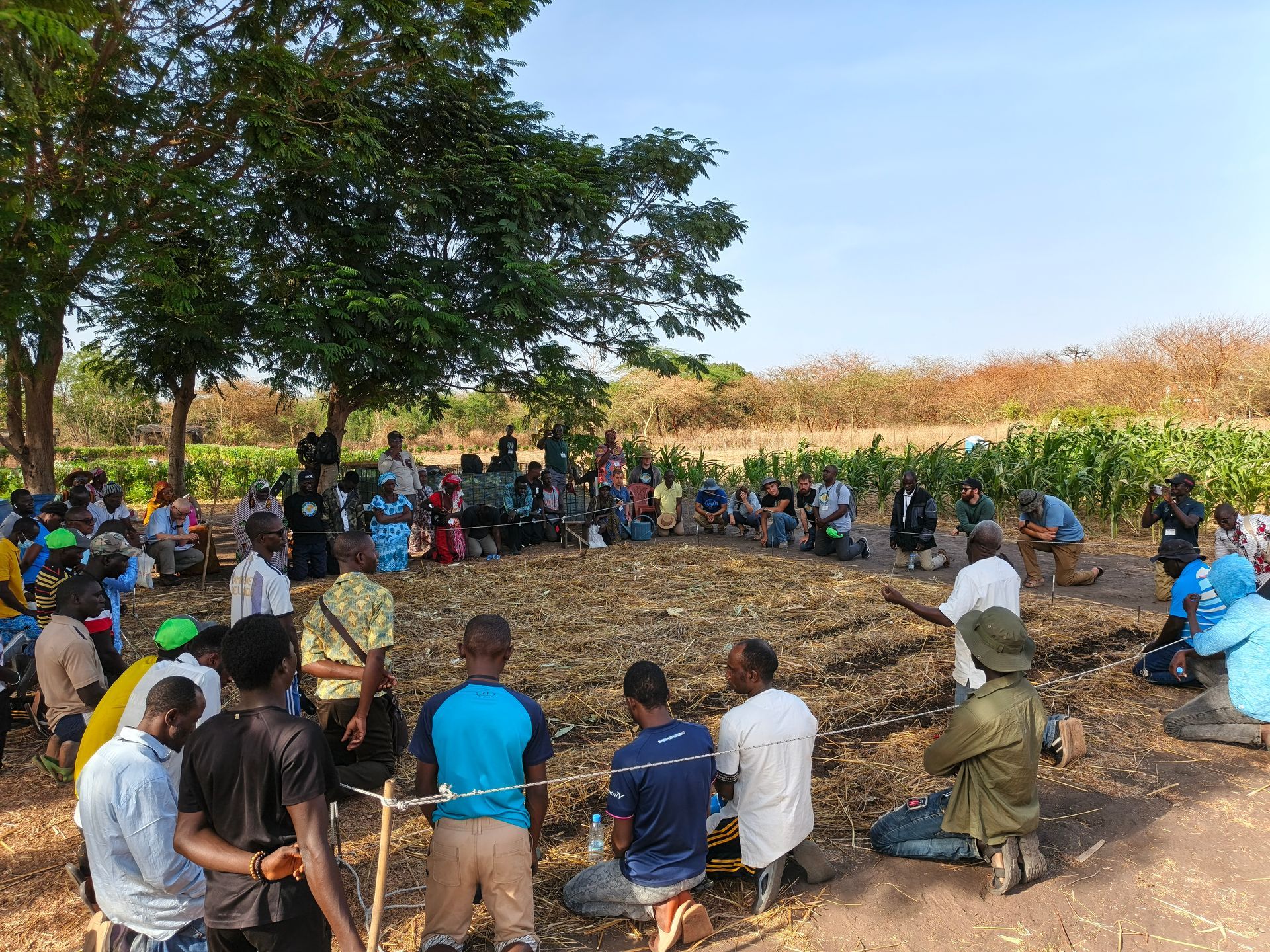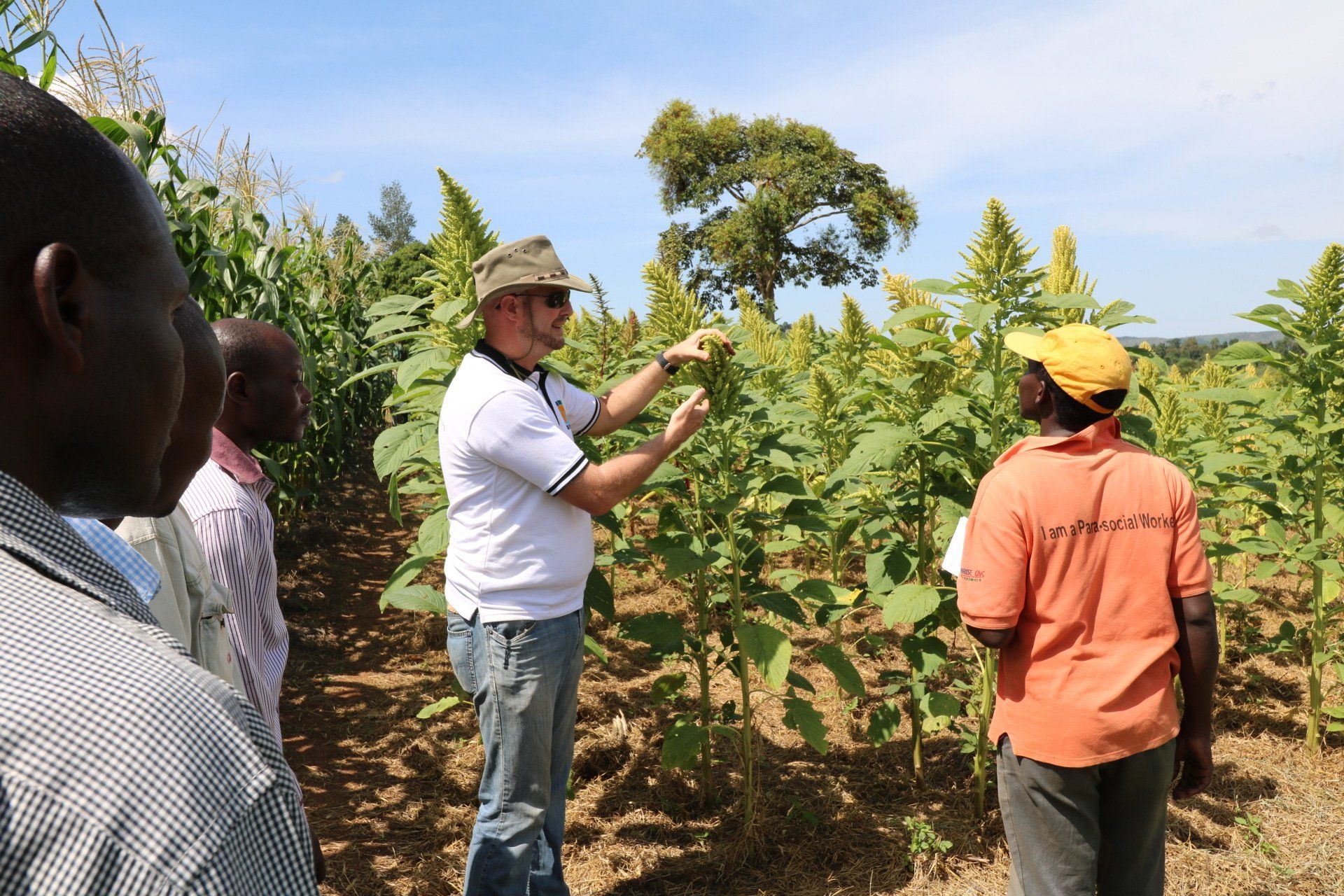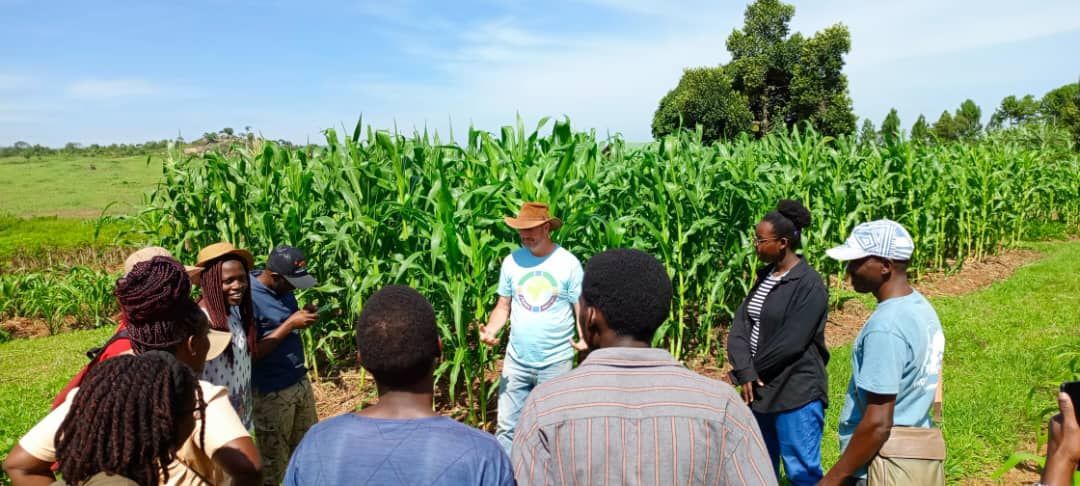Orphan Crisis
James 1:27, “Religion that is pure and undefiled before God, the Father, is this: to visit orphans and widows in their affliction, and to keep oneself unstained from the world”.
Uganda has an orphan crisis with over 2.5 million orphans according to a UNICEF study. An orphaned child is often alone in an adult world. The effects of a child becoming an orphan are terrible and include:
- Improper nutrition-orphans often do not have the means to properly feed themselves.
- Lack of shelter-many of these children live homeless in the streets or with other family members that do not provide adequately for them.
- Poor education-in most cases, education is sacrificed first. Without a proper education, there is little hope to improve their lot in life.
- Lack of health care-simple food and shelter needs come first, and often orphans are rarely concerned with their own heath. Their living conditions and daily activities are highly dangerous to their health.
- Child labor-Some orphans look for a job to escape their dire situations. All too often, they are exploited through all kinds of degrading and dangerous work. The International Labour Organization reports that more orphans work in commercial agriculture, as street vendors and housekeepers, and in the sex industry, than other children.
So why are there so many orphans? It is estimated that 1.2 million children are orphaned due to the HIV/AIDS epidemic. That leaves 1.3 million children that are orphaned due to preventable diseases, food security, and poverty.
Wait, isn’t Heart for Uganda focused on men’s discipleship and vocational training and not meeting the needs of orphans? You are correct, we are not working directly with orphans, but if we can equip and empower men to provide for their families, we can reduce the number of orphans. If we can address the poverty and food security factors leading to orphans, we can help to lower the number of orphaned children in Uganda.
Many families in Uganda suffer from severe poverty. Sub-Saharan Africa accounts for 239 million of the 925 million impoverished people in the world (www.worldhunger.org). Often, parents can hardly afford to survive themselves, let alone provide for their children. Sadly, parents will abandon their children leaving them to fend for themselves. There are many cases in which an older brother or sister is left to take care of many younger siblings. The children must end up picking through garbage dumps, and living on the streets. Many times these children will not survive. The lack of education and limited resources in Uganda harm the children of these impoverished families.
We feel that we can address this problem by providing job skills that are relevant and can easily translate into jobs or businesses. If men can provide an income for their family, there were be less orphans because with an income, these men can provide food, shelter, medical care, and education to their families.
The other factor leading to the orphan crisis that Heart for Uganda is working to reduce is food security. If a family can’t provide food for their children, they often send them away to other family members or to the capital city of Kampala or larger towns like Jinja. The United Nations has concluded that, “over 50% of Uganda’s children under five
still suffer from some form of malnutrition, directly and indirectly contributing to up to
60% of child mortality”. The sad thing is that Uganda should be a bread basket to the world, but there are very many starving Ugandans. Uganda has fertile ground, great amounts of sunlight, sufficient rainfall with two rainy seasons, and a large labor force. The main reason that Uganda is not a bread basket to the world is due to improper farming methods and management leading to soil erosion, soil nutrient depletion, and poor yields. Heart for Uganda hopes to help resolve this issue by teaching a program called Farming God’s Way that has proven 7 to 10 times yield increases in East Africa.
Maize planted using Farming God’s way at 7 weeks.
Maize planted using traditional methods at 7 weeks.
We are currently raising funds to purchase 15 acres of land to teach this program to men in Uganda. If you would like to learn about how you can help, click here.
The post Orphan Crisis appeared first on Heart For Uganda.
